News & Articles

Cancer Fighting Fruits: Myth Or Fact?
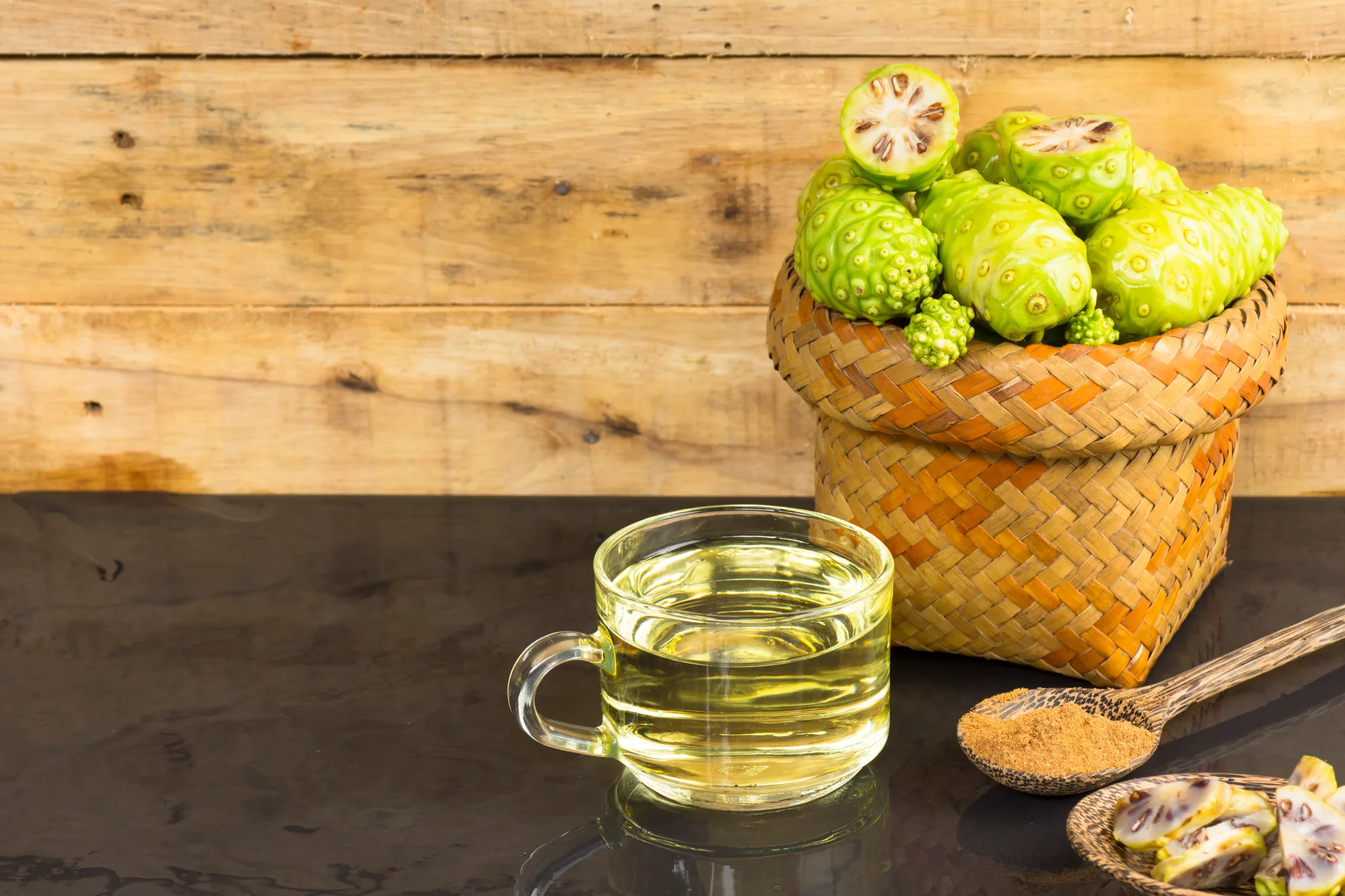
Miracle…or myth?
Several types of fruit and their extracts are believed to help in the treatment of cancer. Myth or fact? Senior Dietitian Gerard Wong from Parkway Cancer Centre takes a look at some of them.
Mangosteen
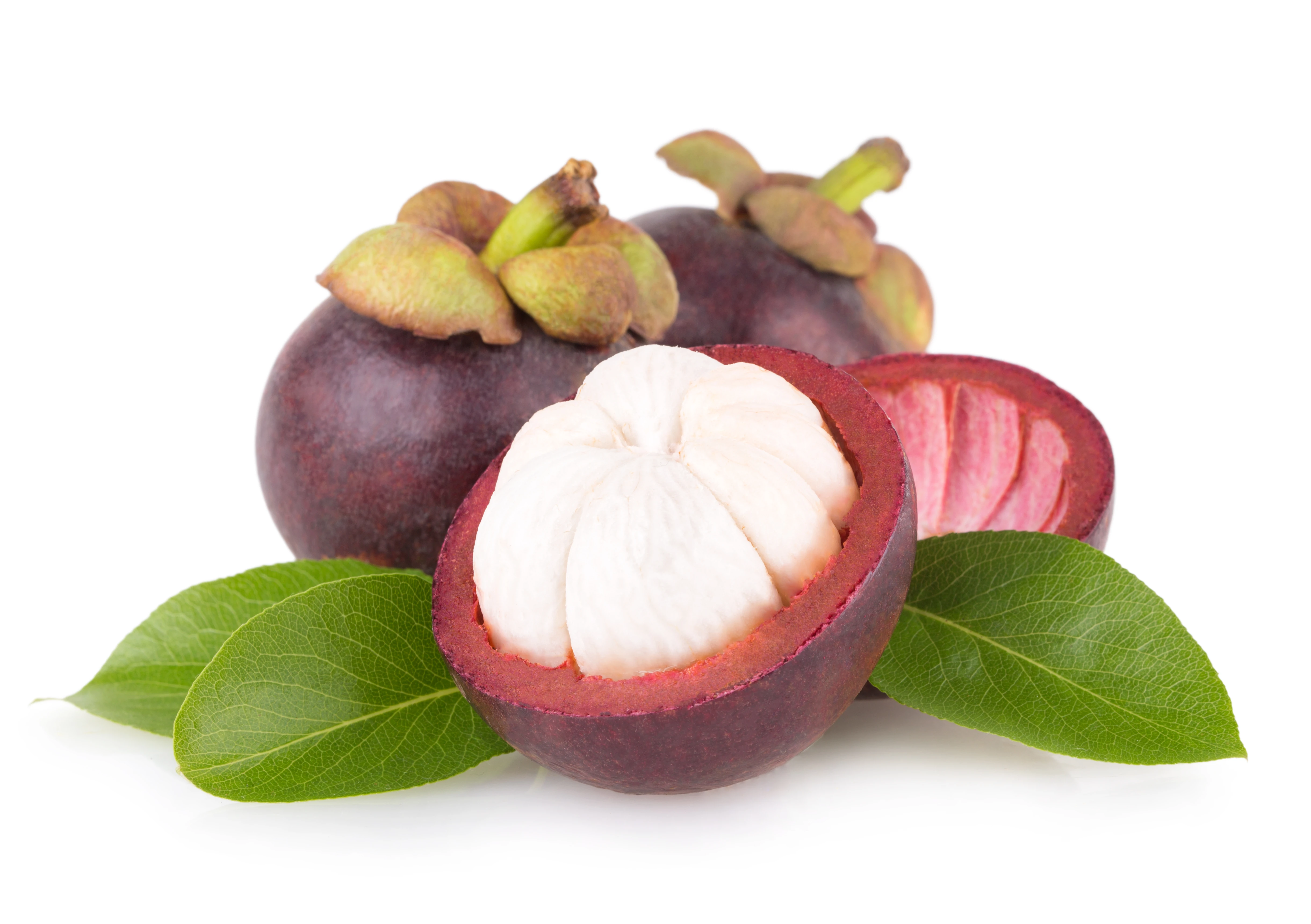
This tropical plant that is native to Southeast Asia is used in traditional medicine to treat skin infections, wounds and diarrhoea. This has led some to promote the use of mangosteen juice for cancer treatment.
Products containing the fruit are now widely sold as “liquid botanical supplements”. There is some truth to the healing properties of the mangosteen: The skin of the fruit is a rich source of a class of polyphenols – micro-nutrients found in plant-based foods – known as xanthones. Xanthones from the mangosteen have some anti-bacterial, anti-fungal, anti-inflammatory and anti-cancer properties.
However, only specific xanthones have some of these properties, and they may apply only to certain types of cancer. The efficacy of the mangosteen as a cancer-curing resource, however, is unknown. There has not been enough human trials to prove such properties. There is also insufficient evidence for the health benefits of “liquid botanical supplements” containing mangosteen.
Soursop
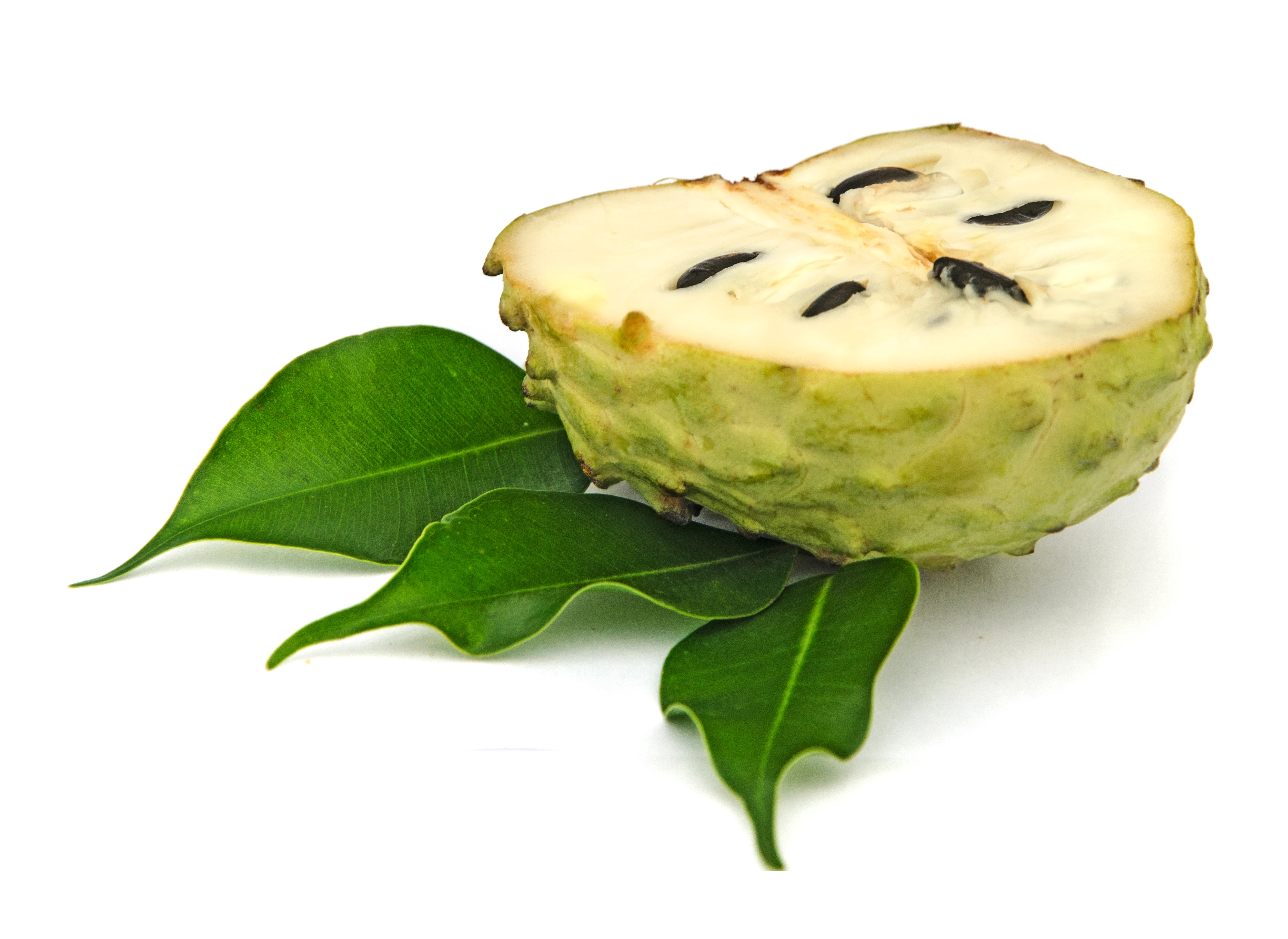
Soursop, or graviola, has long been used in many countries as a traditional cure for common ailments. In Africa, it is used to treat coughs, pain and skin diseases. In India, the fruit and flower are used as remedies against mucous. And in Malaysia, a mixture of crushed soursop leaves and hibiscus is believed to prevent fainting. Soursop extracts have been said to kill some types of liver and breast cancer cells.
And indeed, extracts from graviola leaves have shown anti-inflammatory, fungicidal and anti-microbial properties – in animals. However, no studies have been done on human beings. There may also be some side effects from eating too much soursop: Certain chemicals in graviola can cause nerve changes and movement disorders when the fruit is consumed in large amounts.
Laetrile
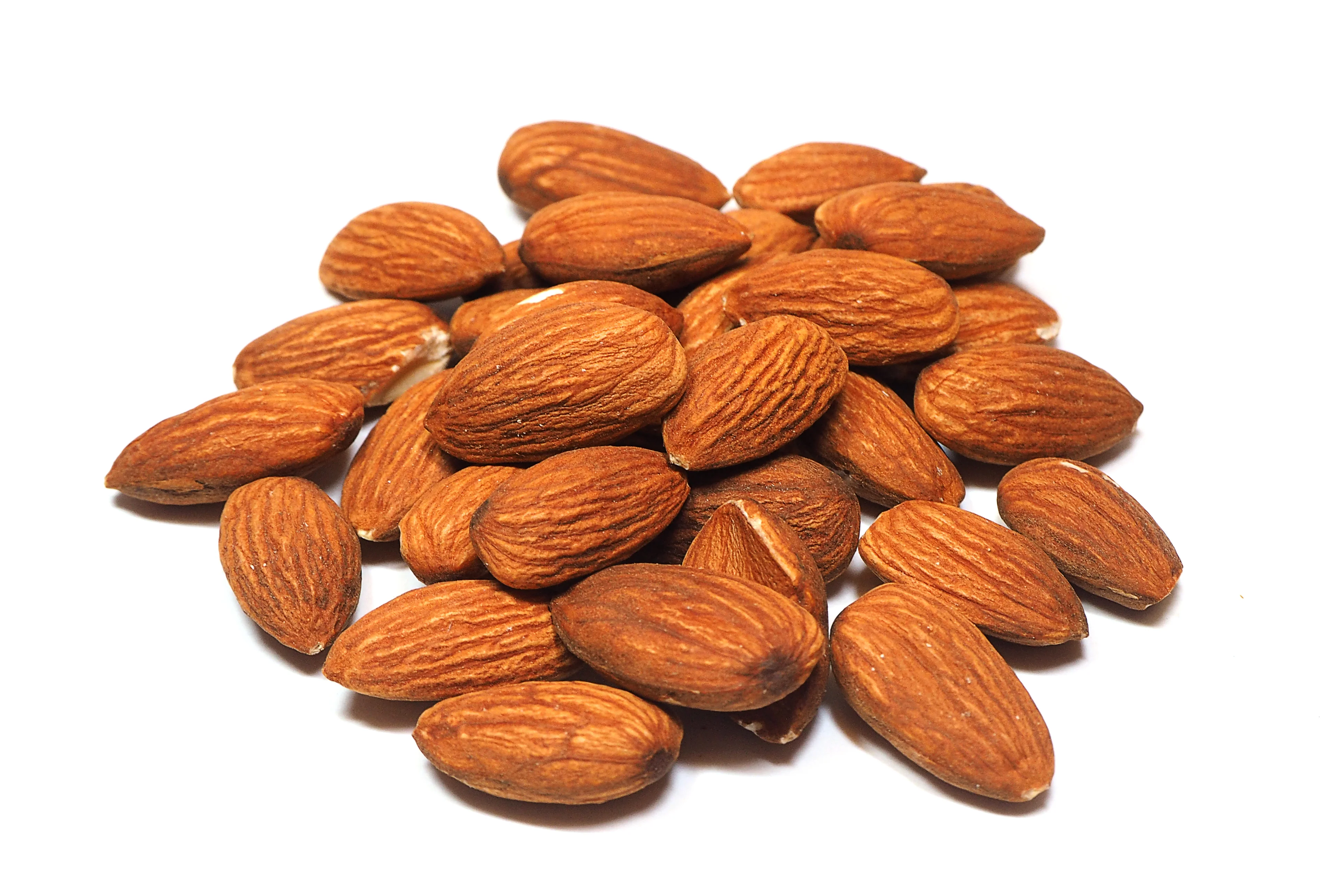
Laetrile, or amygdalin/vitamin B17, is a naturally-occurring chemical compound that is found in the seeds and pits of apricots, apples, peaches and raw almonds. Laetrile is broken down by enzymes in the intestine to produce cyanide, which is cytotoxic – that is, toxic to living cells. This has prompted claims that apricot seeds and other fruits containing laetrile can cure cancer by killing cancer cells but leaving normal tissue cells unharmed.
Animal studies, however, have not supported such claims. A clinical trial conducted in the late 1970s, supported by the National Cancer Institute in the United States did not find amygdalin to be beneficial. In fact, some patients in the study were affected by the toxicity of the cyanide.
A systematic review has since also concluded that amygdalin is ineffective against cancer. Laetrile has been banned in the United States by the Food and Drug Administration (FDA) and is also not allowed in the European Union. However, it has been surfacing again, under the label of “Vitamin B17”.
Pomegranate
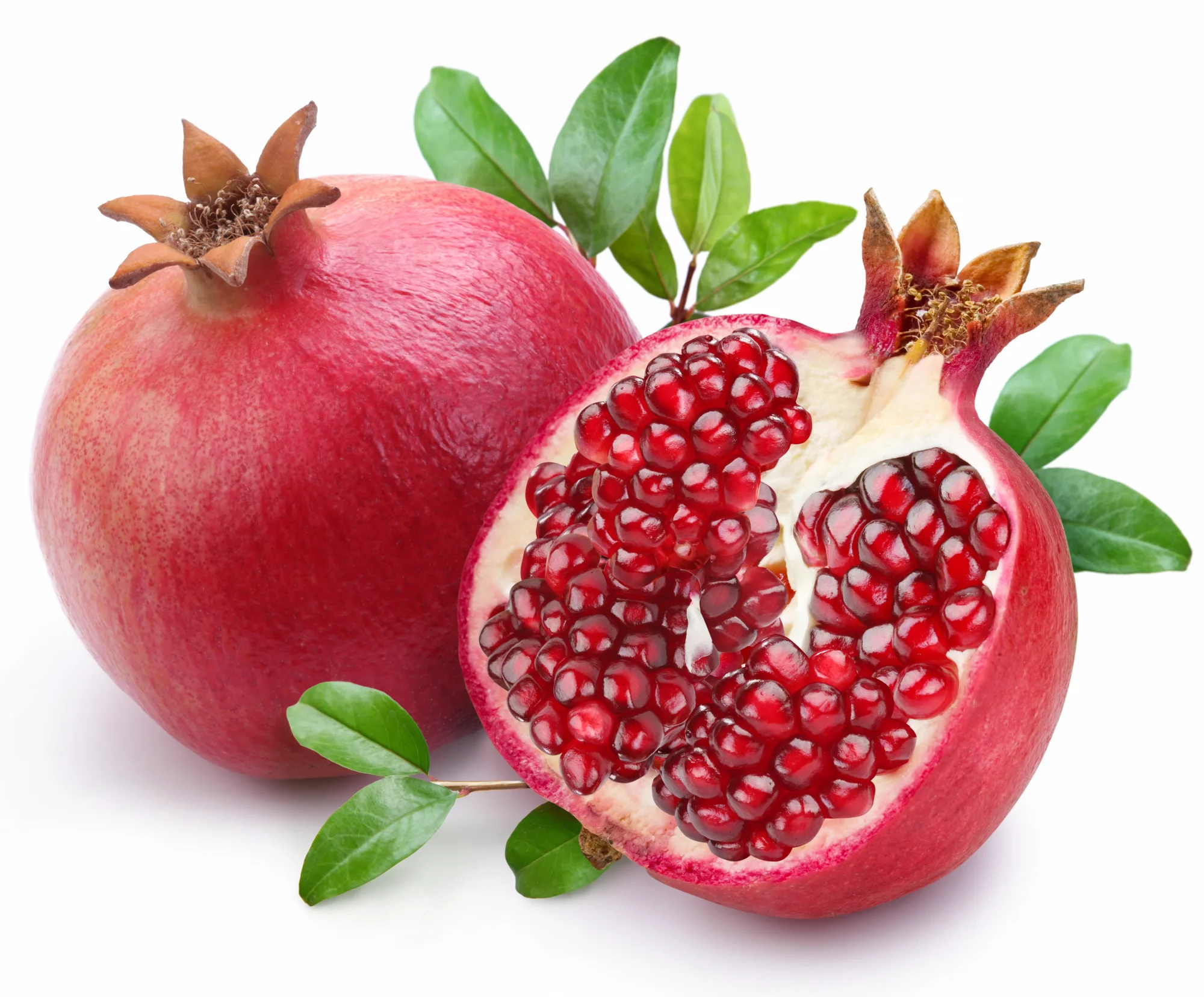
Pomegranate juice has been touted to lower cholesterol and blood pressure, a claim supported by several studies. Recent research has also lent strength to the belief that the pomegranate can help to prevent or cure cancer. Some results have shown that pomegranate extracts selectively inhibit the growth of breast, prostate, colon and lung cancer cells in culture. In a recent study, a blend of green tea, pomegranate, broccoli and curcumin that was taken as a supplement appeared to reduce the rate of increase of prostate-specific antigen (PSA) in men with prostate cancer.
The effects, however, cannot be solely attributed to the juice, and data was also conflicting. Indeed, many of these studies are not conclusive, as limited studies have been conducted on humans. For example, studies have suggested that pomegranate extracts can help reduce the production of estrogen, but the implications on breast cancer and humans are unknown. And while no significant adverse effects were seen in men who drank 240ml of pomegranate juice every day for over two years, those with diabetes should take note of the sugar content in the fruit.
Noni juice
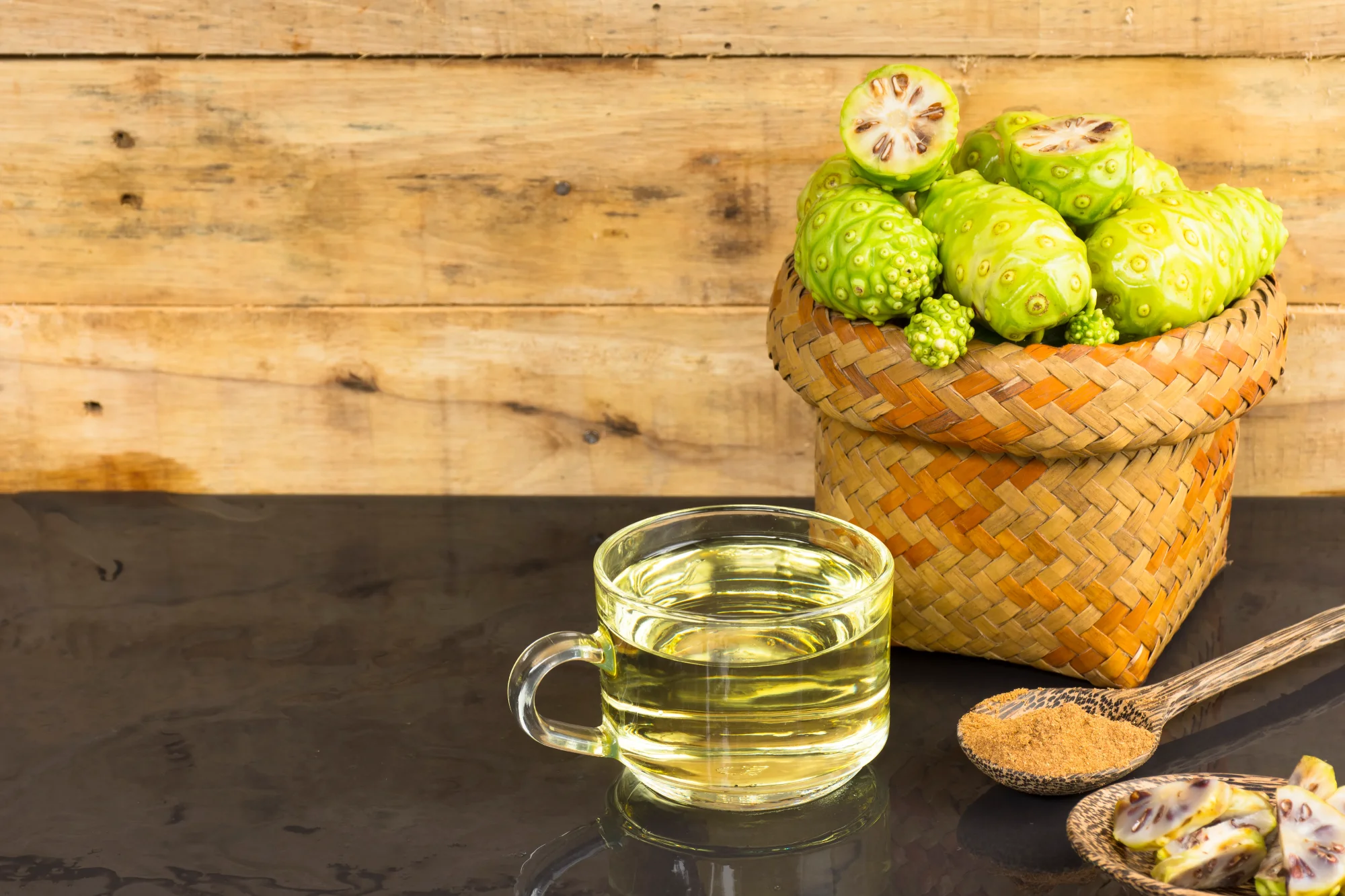
Derived from the fruit of a tropical tree called morinda citrifolia (popularly known as the Indian mulberry), noni juice is used in many Polynesian cultures as a traditional medicine for infections as well as a general tonic. Lab and animal studies suggest that the juice has anti-bacterial, anti-fungal, anti-inflammatory and anti-oxidant properties, and possibly anti-cancer effects in animals.
However, clinical trials have not shown the same effect in humans. And while noni juice has been shown to be effective in reducing the incidence of early post-operative nausea in humans, it has also been reported to cause acute hepatitis, at least in one case of a 62-year-old woman who drank two litres of the juice every day over three months. Noni juice also contains high levels of sugar and potassium, which can affect patients with diabetes and kidney problems, respectively.
Jamu juice
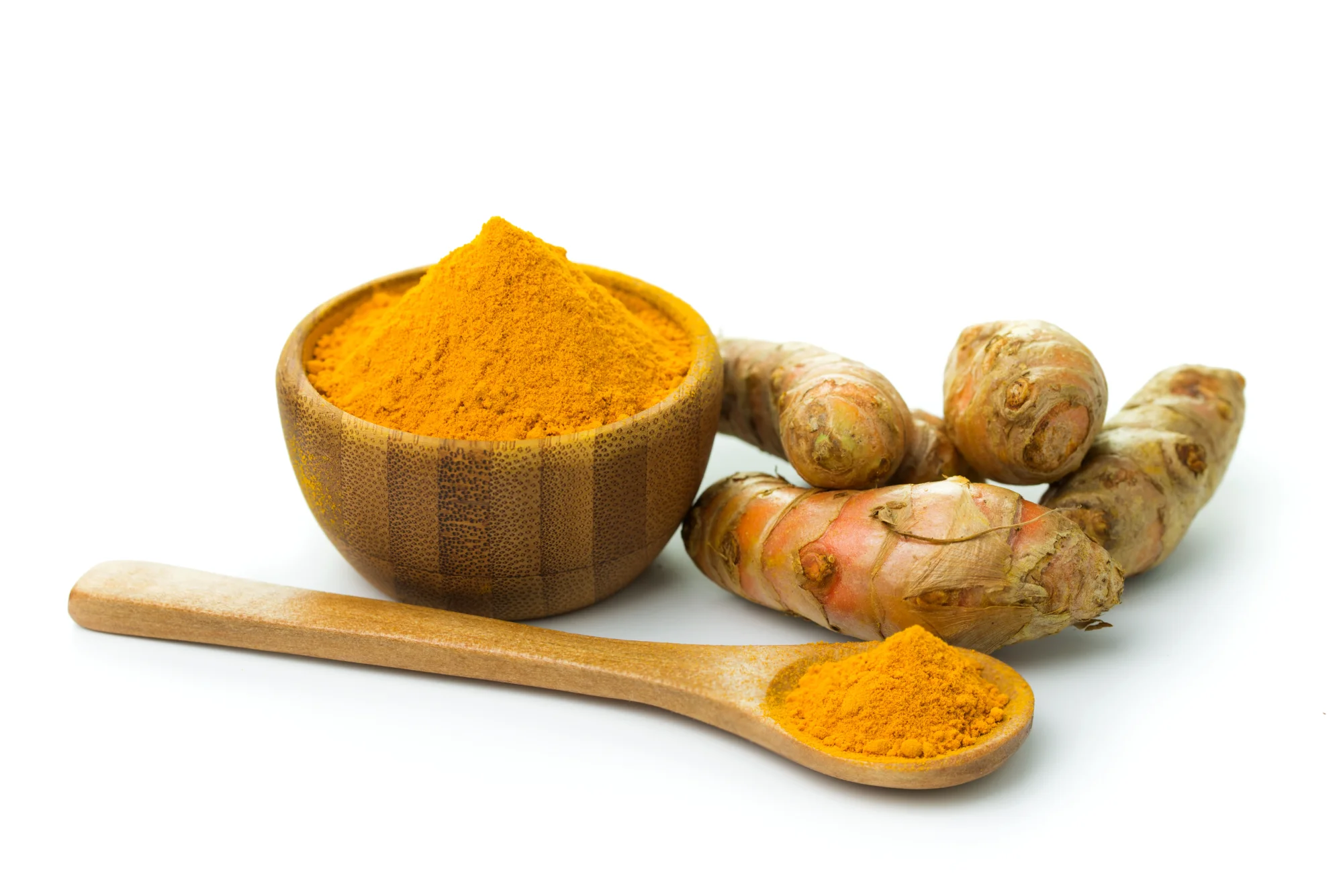
Jamu juice is a traditional herbal medicine from Indonesia that is made from roots, barks, flowers, seeds and fruits. There are many variations of the medicine; the root-based versions include turmeric, tamarind and palm sugar. Jamu juice has long been touted as a health tonic and a cure-all for many diseases, including cancer.
To be sure, turmeric has been shown to contain anti-inflammation and anti-oxidant properties. In one trial involving patients taking curcumin (a substance of turmeric) orally before going for surgery, it was shown to counter the loss of weight and appetite.
In another trial, turmeric appeared to reduce the side effects of treatment. When a turmeric-based cream was used by patients with head and neck cancer undergoing radiotherapy, it showed some efficacy in reducing the radiotherapy-induced dermatitis. Several animal studies also suggest that turmeric has anti-cancer properties in rats that have been exposed to carcinogens. Human studies, however, remain limited, so there is not enough evidence to support the anti-cancer claims regarding turmeric.
There are also side effects to consuming turmeric. Because of its anti-platelet properties, turmeric can increase the risk of bleeding. It can also interfere with the activity of some chemotherapy drugs in the treatment of breast cancer.
Bottom line... eat with care
Cancer is a complex disease that affects different people differently, and claims that one type of food or fruit has the power to eradicate or prevent cancer entirely are a gross oversimplification.
While all these fruits and their extracts may well contain some cancer-fighting properties, there is no conclusive evidence that they can prevent cancer or kill cancer cells during treatment.
Ultimately, a well-balanced diet and healthy lifestyle are still the main key to reducing the risk of getting cancer, coping with cancer treatment, and recovering well after cancer treatment.
| POSTED IN | Nutrition |
| TAGS | anti-cancer herbs, cancer diet & nutrition, head & neck (ENT) cancer, healthy food & cooking, misconceptions, prevent cancer |
| PUBLISHED | 27 November 2017 |
